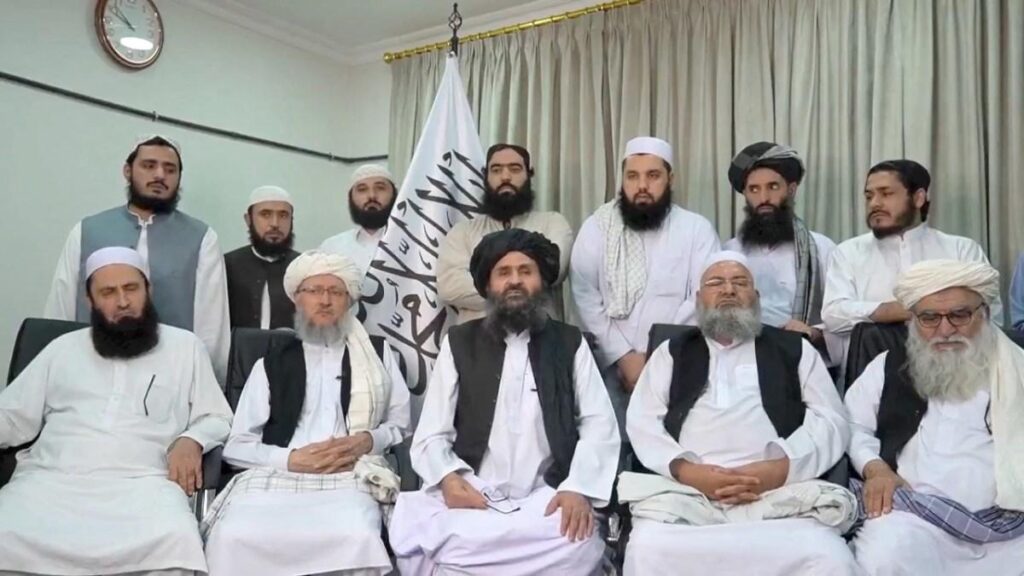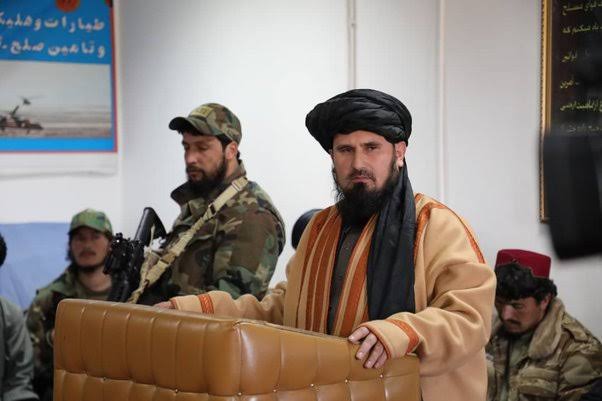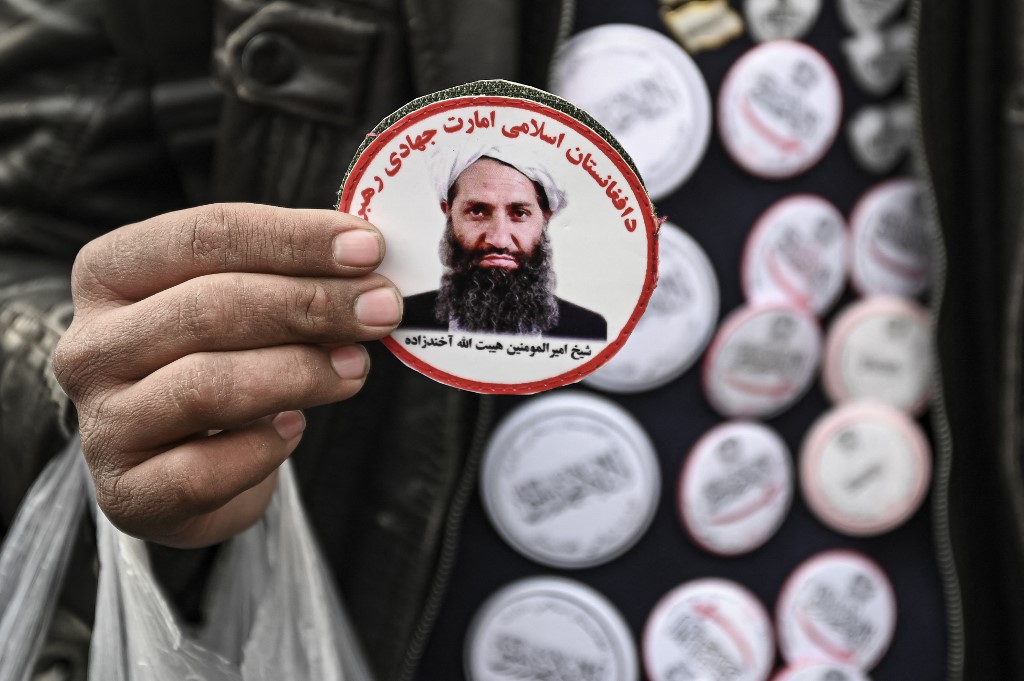Kabul (Kubha News) – A 37-page report released by the Institute of War Studies has laid bare the intricate web of internal tensions and factional rivalries plaguing the Taliban leadership, underscoring the challenges facing the group as it grapples with governance in Afghanistan.
At the heart of the discord lies Maulvi Hebatullah Akhundzada, the leader of the Taliban, whose consolidation of power and policies have exacerbated existing fissures within the group, according to the report. Akhundzada’s maneuvers to expand his authority within the government have intensified the economic crisis gripping Afghanistan, further straining the Taliban’s grip on power.
The report points to the Taliban’s inability to address long-term challenges as a key vulnerability, leaving the group susceptible to growing internal opposition and diminishing its capacity to control Salafi-jihadi factions operating within Afghanistan’s borders.

Central to the internal power struggle is the influence wielded by various factions within the Taliban hierarchy. Sirajuddin Haqqani, leader of the Haqqani network, has been singled out for appointing relatives to key positions, consolidating his own power base within the Taliban’s ranks.
Maulvi Hebatullah Akhundzada, the supreme leader of the Taliban, is portrayed as a figurehead based in Kandahar, surrounded by a loyal cadre of religious leaders and supporters, colloquially known as the “Kandahari Taliban.” However, Akhundzada’s authority is not unchallenged, as dissent brews among senior Taliban figures such as Defense Minister Mohammad Yaqoob and Abdul Ghani Baradar, both of whom oppose Akhundzada’s policies despite sharing his Kandahari background.
The report highlights the emergence of two distinct factions within the Taliban leadership: the “Kandahari Taliban” centered around Akhundzada and his loyalists, and the “Kabul Taliban,” represented by figures like Mullah Baradar and Mullah Yaqoob, who primarily operate from the capital and collaborate with the Kabul-based Taliban cabinet.
The “Kabul Taliban” faction, according to the report, has forged alliances with the Haqqani network, which commanded Taliban forces in and around Kabul during the group’s insurgency.

In addition to internal power struggles, the report sheds light on the Taliban’s efforts to broaden their support base by cultivating alliances with ethnic Tajik and Uzbek factions. Qari Fasihuddin, chief of Army staff of the Taliban, has emerged as a prominent leader within the Tajik Taliban, while Agriculture Minister Attaullah Omari and Deputy Prime Minister Abdul Salam Hanafi hold sway among the Uzbek Taliban.
Despite the proliferation of factions and the decentralization of power, the report underscores Akhundzada’s role as the ultimate decision-maker within the Taliban hierarchy, noting his increasing autocratic tendencies and willingness to overrule dissenting voices.
